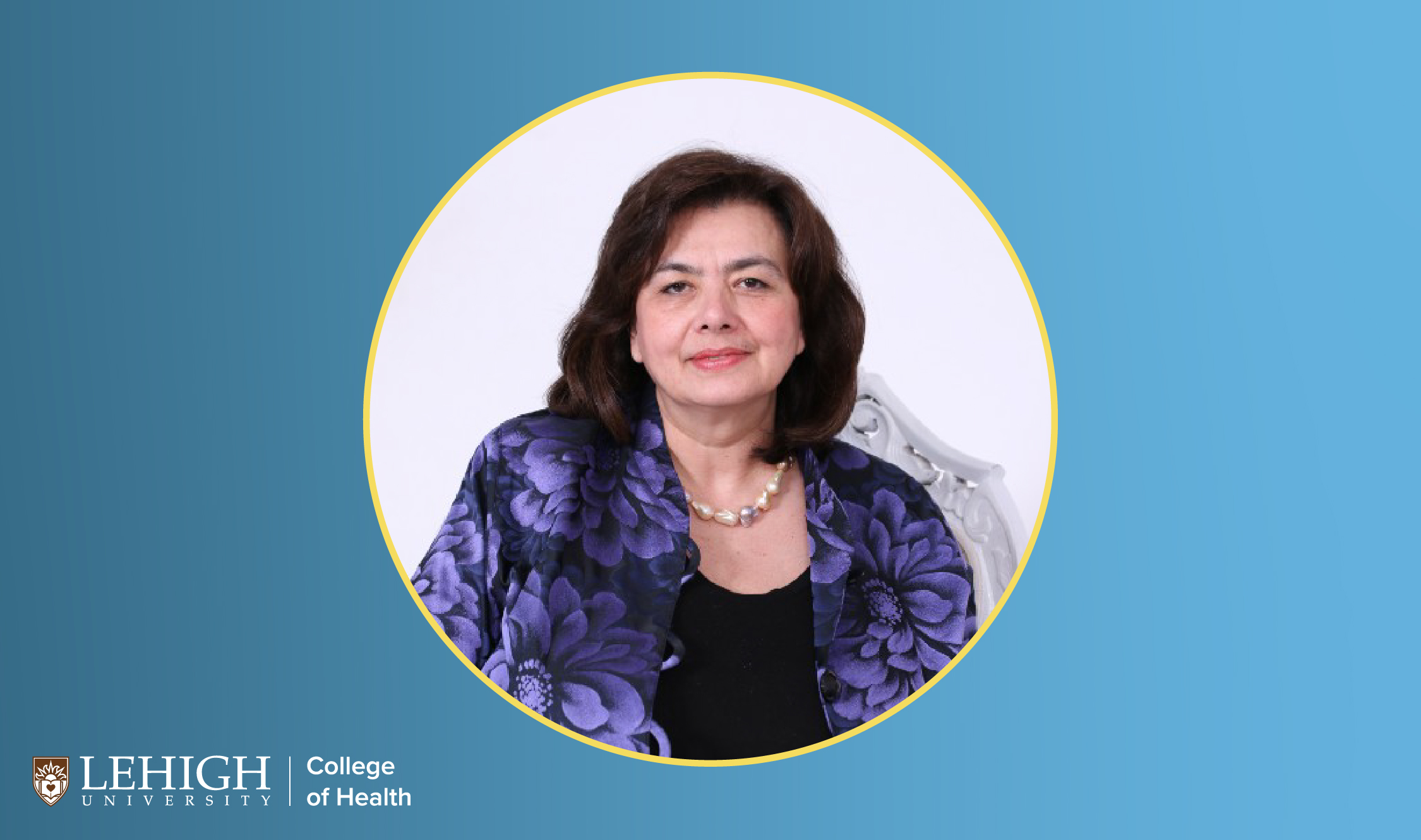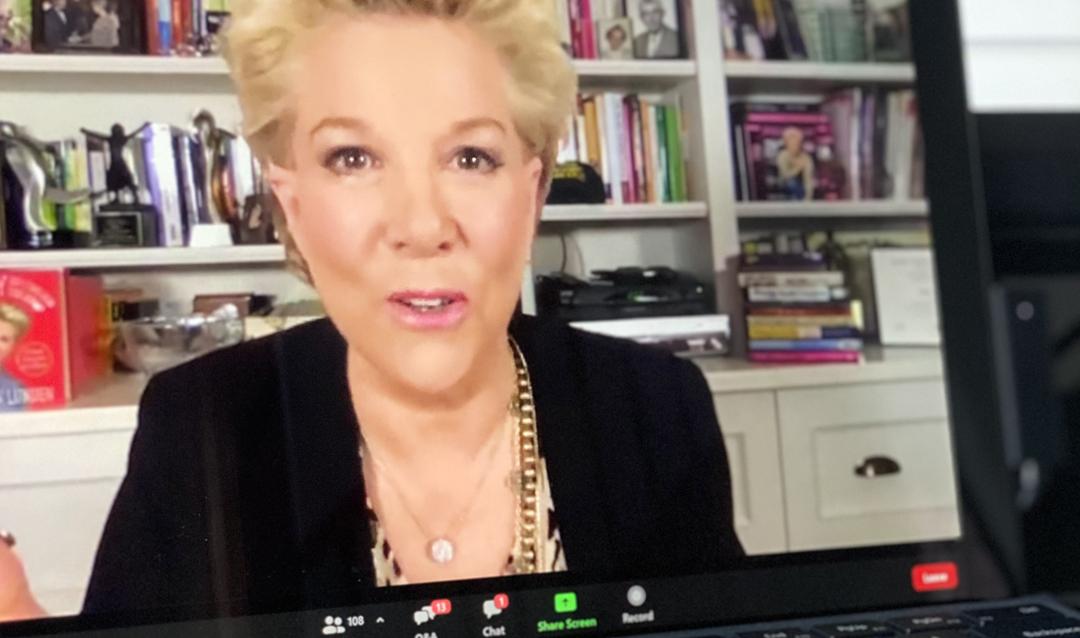
The College of Health Colloquium Series: Dr. Nata Menabde Discusses Global Health
The study of population health enables us to dive deep into the conversation about today’s most pressing public health challenges, leveraging experts from various disciplines along the way.
In the most recent installment of our ongoing College of Health Colloquium Series, we welcomed Dr. Nata Menabde, Executive Director of the World Health Organization (WHO) office at the United Nations to share her expertise on the health challenges our world is facing and how we can address them on a global scale.
Last fall, Lehigh's College of Health launched it's Colloquium Series. The series brings together local, national and international leaders to examine today’s most pressing population health challenges. Dr. Menabde presented "A Global Perspective: Advancing Health Outcomes Around the World.” Dr. Eleanor Nwadinobi, President of the Medical Women's International Association offered a response and Interim Dean Beth Dolan moderated the virtual event.
New Challenges, New Opportunities
Dr. Menabde informed the international audience of 100+ about WHO’s goals: to improve the health of one billion people around the world by 2023 by advocating for an additional one billion of the world’s population to have access to universal health insurance coverage, and to keep one billion people safer from health emergencies. She also stated that while communicable diseases like COVID-19 are top of mind for most people, non-communicable diseases like heart disease account for the vast majority of global deaths and demand our attention. She noted that climate change must be addressed as a health issue as well, as it contributes to health problems and causes health emergencies around the world.
Dr. Menabde addressed the role governmental and financial systems must take in health in order to improve people’s lives. She noted that the COVID-19 pandemic has exposed issues in global systems that have left many people vulnerable during the crisis. She also talked about the opportunities COVID-19 has brought to light, like leveraging new digital technologies to address health challenges.
In reference to what WHO was doing to tackle these challenges, Dr. Menabde discussed the WHO Academy, which encourages life-long learning, and the Youth Council, which drives youth engagement in global health. She also described ways that the ACT Acceleration program and the COVAX pillar of this program work to make the COVID-19 vaccine more accessible to people around the world. Dr. Menabde also talked about how important healthcare workers are in achieving any global health goal and dubbed 2021 “The Year of the Healthcare Worker.”
Current State
After the lecture, attendees were able to ask Dr. Menabde questions regarding her presentation. All of the questions centered on COVID-19 and the vaccine. Dr. Menabde stressed that while WHO is working to make the vaccine rollout as smooth and equitable as possible, the pandemic likely won’t be over anytime soon. The goal is to have 20 percent of the world’s population vaccinated by the end of the year, but this still won’t be enough for herd immunity.
In her response, Dr. Eleanor Nwadinobi noted that she wasn’t surprised that the questions were about COVID-19, calling it the “elephant in the room.” She echoed Dr. Menabde in saying the pandemic had exposed the “soft underbelly” of our healthcare and health security. She also talked about the uptick in violence against women and girls which has accompanied lockdown orders, referring to it as “the pandemic within the pandemic.” She noted that recent innovations in digital technologies are revealing how opportunities can come from crises. Dr. Nwadinobi ended her response by reiterating the need for a global and holistic response on the part of governments and societies in addressing COVID-19 and urged people to look to institutions that had shown resilience during this crisis.
“It’s critical for our students to directly engage with global decision makers like Dr. Menabde,” said Bill Hunter, Lehigh’s Representative to the United Nations. “As future leaders in a variety of health sectors, they need to understand both the challenges and opportunities facing those whose actions significantly impact the lives of millions around the world."
Interested in learning more? You can watch Dr. Menabde’s full presentation here. And be sure to keep an eye out for upcoming College of Health events here.
